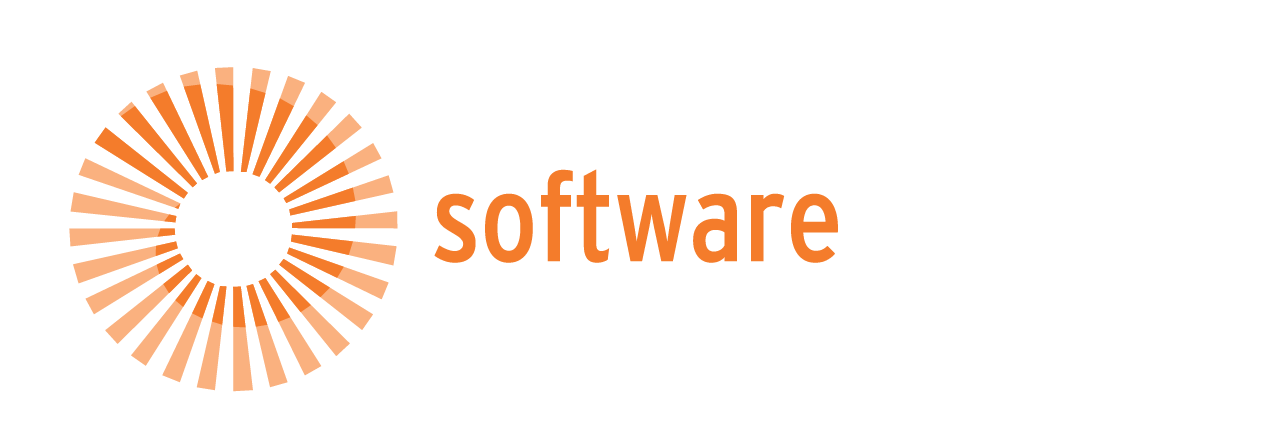The medical care scene is evolving at an unprecedented pace, driven in large part by the digital transformation that is happening throughout the sector. This digital era, the ability to take advantage of complex data sets through sophisticated tools like Minitab is not just a vantagem, but a necessity for healthcare organizations seeking to revolutionize patient care, simplify operations and improve cost efficiency. This post analyzes the multifaceted impact of data analysis on medical care and demonstrates ways in which Minitab can help navigate this transformation.
The impact of data analysis on the results of two patients
The main goal of medical assistance is to offer patient-centered care that leads to ideal results. Data analysis plays a crucial role in achieving this goal. By analyzing large quantities of patient data, healthcare providers can now predict patient patterns, allowing for early interventions and personalized care plans. This proactive approach does not only improve the results for patients, as it also significantly reduces the load on health systems, preventing patients from experiencing acute conditions. Furthermore, the integration of analyzes in electronic health records (EHRs) offers physicians real-time insights and evidence-based guidelines, supporting non-local superior clinical decision-making.
Simplify operations to improve health service provision
Operational efficiency is essential for the success of any medical care organization. Data analysis offers a way to optimize resource allocation, reduce waiting times and improve work flow management. By analyzing patient flow, people levels and resource utilization, health facilities can identify gaps and inefficiencies, paving the way for a calmer and more efficient patient care delivery system. This not only improves the patient's experience, but also contributes to a significant reduction in operating costs, making medical assistance cheaper and more accessible.
Personalization of treatments through personalized medicine
The era of generically provided medicine is gradually declining, giving rise to personalized treatment plans adapted to individual patient profiles. Data analysis, with its ability to process and interpret complex data sets, is at the center of this transformative change. By taking advantage of two patients' data, including genetic information, lifestyle factors and medical history, healthcare providers can create highly personalized treatment strategies. This level of personalization ensures that patients receive the most effective treatments, thus improving the effectiveness of medical assistance interventions and patient satisfaction.
Fraud detection and compliance guarantee in medical care
Fraudulent activities and non-compliance with regulatory standards represent significant challenges for the healthcare sector. Data analysis works as a powerful tool to identify irregularities in collection data, thus mitigating the risk of fraud in medical care. Additionally, analysis can simplify the compliance process, ensuring accurate reports and compliance with data privacy regulations. By protecting against fraud and ensuring regulatory compliance, health organizations can protect their patients and themselves from possible legal and financial repercussions.
Use of predictive analysis for effective risk management
A predictive analysis, a subset of the data analysis, has enormous potential in the transformation of medical care risk management. By analyzing patterns and trends in medical care, organizations can predict patient readmissions, identify high-risk patients, and intervene before their conditions deteriorate. This is not only the best results for patients, but also the allocation of medical assistance resources. Furthermore, predictive analysis can help manage chronic cases more effectively, reducing the overall burden of medical care.
Increasing the involvement and satisfaction of patients through data insights
The current medical care environment, or the involvement and satisfaction of two patients, is fundamental. Data analysis offers invaluable insights into patient preferences, behaviors and feedback, allowing healthcare organizations to adequately personalize their services and communication strategies. By analyzing patient experience data, healthcare providers can identify areas of improvement, improve patient education programs and, ultimately, promote a more engaged and satisfied patient base.
The integration of data analysis into medical care operations and decision-making processes is revolutionizing the sector. Partners like Minitab can help organizations analyze complex data sets and obtain actionable insights. By using data analysis, healthcare organizations can achieve better patient outcomes, operational efficiency and economics, all while navigating the complexities of modern healthcare delivery. The future of medical care is data-driven when it comes to data analysis now.
Source: Minitab
Talk to me Software.com.br and know better Minitab together with a specialist.








 6 min reading time
6 min reading time



